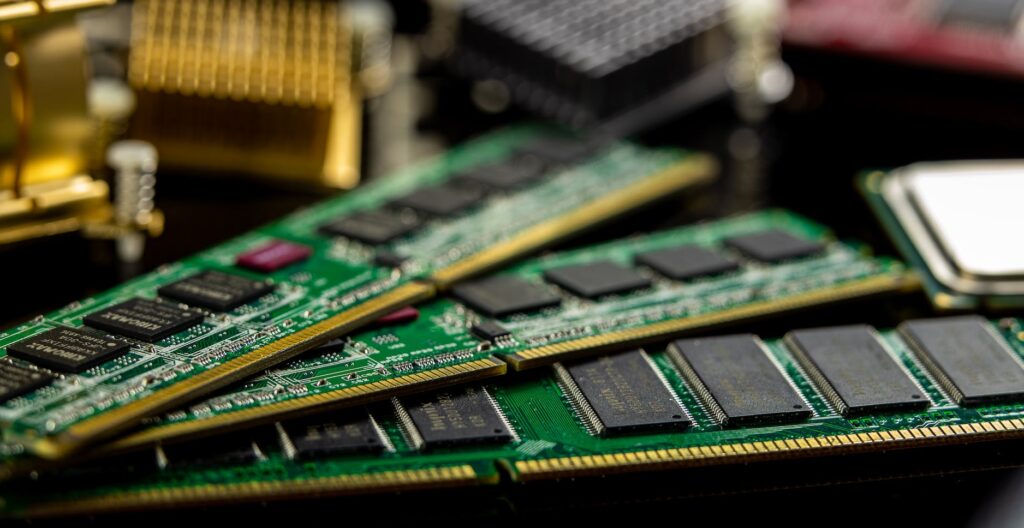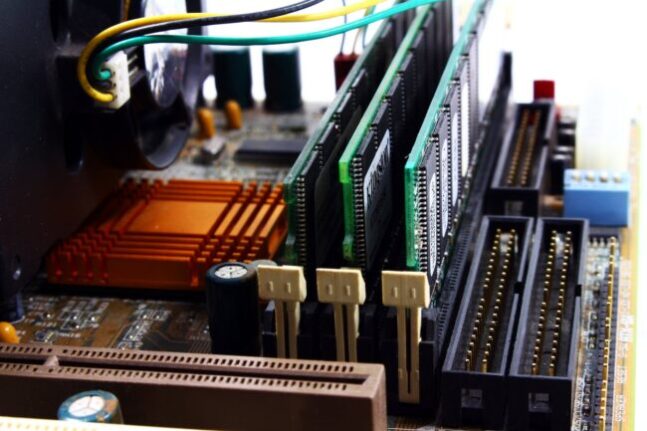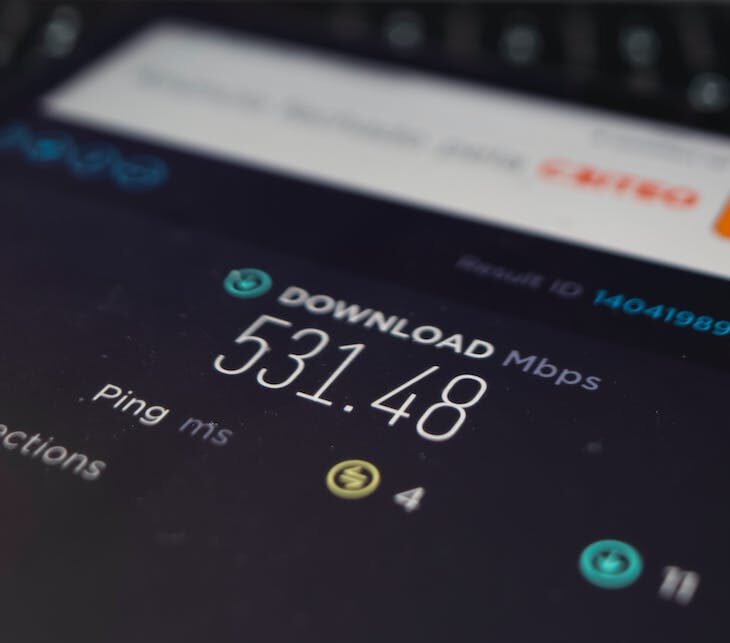Got tech troubles? Don’t wait! Contact us today
📞 (226) 980 9800 or fill out our WebForm click here , and get your devices back on track.
DDR2, DDR3, DDR4, and DDR5 are different generations of Double Data Rate (DDR) Synchronous Dynamic Random-Access Memory (SDRAM) technologies used in computer systems. Each generation represents an advancement in memory technology with improvements in speed, power efficiency, and capacity. Here’s a brief overview of the differences between these four DDR generations:
- DDR2 (Double Data Rate 2):
- Introduced around 2003.
- Data transfer rate per pin: 400-1066 MT/s (Million Transfers per Second).
- Operating voltage: 1.8V.
- Typically used in older computers and systems.
- DDR3 (Double Data Rate 3):
- Introduced around 2007.
- Data transfer rate per pin: 800-2133 MT/s.
- Operating voltage: 1.5V (some low-voltage variants at 1.35V).
- Offered improved performance and power efficiency compared to DDR2.
- DDR4 (Double Data Rate 4):
- Introduced around 2014.
- Data transfer rate per pin: 1600-3200 MT/s (later generations can go even higher).
- Operating voltage: 1.2V (lower power consumption).
- Enhanced performance, increased capacity, and improved power efficiency compared to DDR3.
- DDR5 (Double Data Rate 5):
- Introduced around 2020.
- Data transfer rate per pin: 4800-8400 MT/s (and beyond as future variants emerge).
- Operating voltage: 1.1V (further reduced power consumption).
- Offers even higher performance and bandwidth compared to DDR4.
- Incorporates features like on-die ECC (Error-Correcting Code) for enhanced reliability.

In summary, each new generation of DDR RAM brings advancements in terms of data transfer speed, power efficiency, and capacity. DDR5, being the most recent as of my last knowledge update in September 2021, offers the highest performance and efficiency among these technologies, making it suitable for demanding applications and modern computer systems. However, please note that technology may have evolved since then, so it’s a good idea to check for the latest developments in memory technology if you are considering an upgrade or purchase.
Explore more with Apamea Tech
Sign up to receive updates, discounts and latest posts directly to your inbox! we promise you 1-2 emails/month and no spam





